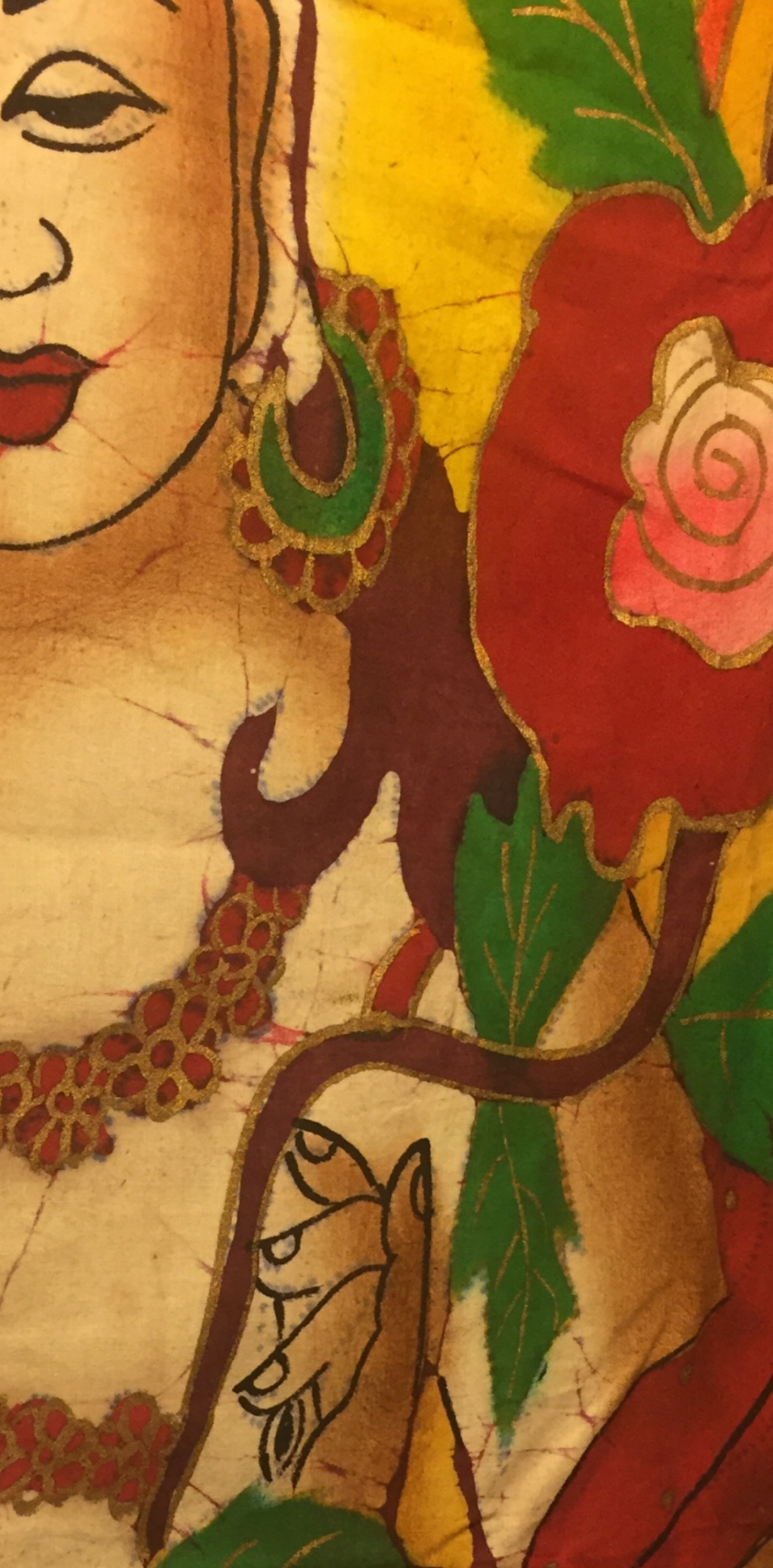Stinging nettles sharp energy cuts loose old patterns, reweaves new connections, strengthens individual energy and personal immune systems. Uro (Greek) means urine, and Di-oikas means two houses - male and female flowers are separate. Originally from the colder regions of northern Europe and Asia, this herbaceous shrub grows all over the world today. An astringent diuretic with deeply grooved stems and transparent short hairs on edges and the underside, she looks like a giant mint plant. Used as paper pulp and string thread she is 50 times stronger than cotton, almost as strong as silk, and has been cultivated in Mexico for over 8,000 years! Her sting is intense yet fortunately only shortly maintained.
A delicious mineralizing tea that is salty and sweet, she is excellent for folks recovering from illness and when under stress. Rich in calcium, magnesium, vitamins, amino acids and high in protein. She also contains bioavailable nutrients that support and heal the nerves and surrounding tissues to relieve sharp, shooting pains often attributed to nerve pain such as sciatica. The leaves and stems of nettle have been used historically to treat arthritis and relieve sore muscles. Find relief from joint pain by applying nettle leaf topically to the painful area.
With her continued use, nettles relieves the effects of Epstein-Barr virus, allergies, lymphatic swelling, persistent headaches, high blood pressure, colds and flues, weakened veins, rheumatism, joint aches and continuous skin eruptions. Freeze dried capsules of nettles reduce the amount of histamine the body produces in response to an allergen and thus reduces sneezing and itching in people with hay fever.
In Germany, stinging nettles are sold as an herbal drug for prostate disease and as a diuretic. She is also a common ingredient in other herbal drugs produced in Europe for rheumatic complaints and inflammatory conditions (especially for the lower urinary tract and prostate health). Clinical trials have proven that nettle root can treat kidney cells and at times forestall the need for proposed dialysis. She can also relieve the discomfort of gravel/stones in the bladder and kidneys, chronic urinary tract infections (UTI's), water retention and kidney stress from insulin treatment and trauma from childbirth.
A marvelous adrenal and kidney ally, she helps to stabilize blood sugar, reset metabolic circuits to maintain proper body weight, and reduce fatigue and exhaustion. A digestive and intestine restorative, she heals stomach and intestinal ulcers, nourishes the membranes of the intestinal tract to relieve constipation and reduce diarrhea. Sitz baths with nettles can relieve hemorrhoids.
Nettle seeds are an excellent lung astringent. She returns tone and capillary strength to the bronchial mucosa, strengthens the lungs, heals bronchial and respiratory tissue and minimizes excess mucous. Old wive's stories circulate of those who have healed themselves of chronic lung disease and other watery chest complaints with daily nettle tea consumption and an inhaled steam bath.
Nettle seeds are rich in oils and traces of formic acid that are nourishing to the hair and skin - providing new growth, preventing fall out, improving overall strength. She also removes fungal and bacterial growth on the hair, scalp, skin, and nails. Nettles are used to treat chronic skin conditions such as acne and eczema, as well as acute skin rashes related to hives, measles, chicken pox, insect stings and bites. An antiseptic first aid, she cleanses cuts, heals minor burns, heat rash, corns, diabetic foot problems, and sore feet.
Often referred to as the *green milk* of the plant family for her milky taste, she is also an excellent galactagogue (breast milk builder) improving the quantity and quality of mother's breast milk. Nettles stabilize energy in the reproductive and hormonal systems, builds nutrient rich blood, and expands the cells ability to metabolize nutrients. She also has the ability to treat night sweats, exhaustion, anemia, chronic profuse menstrual flow, menstrual cramps, and large blood loss following child birth, trauma, or an accident. Mama's love her for the support provided during pregnancy, birth, and lactation for safe diuretic support and gentle laxative effect and prompt hemostatic and assured anti-hemorrogic powers. Used as a hemostatic, sipped frequently during and after hemorrhaging, can help with profuse menses, epistaxis (nose bleeds), bloody urine, stools and coughs.
Although nettles are great for all stages of pregnancy, fresh plant preparations should be avoided as the stinging hairs may induce uterine contractions. Some folks with more of an airy constitution may find nettles too drying, which fortunately can be balanced by adding something moistening such as violets.
Ehrlich, Steven D. NMD. Complementary and Alternative Medicine Guide - Stinging Nettle. University of Maryland Medical Center. 2017.
Moore, Micheal. Medicinal Plants of the Mountain West. Museum of New Mexico Press. Santa Fe. 2003. Print.
Vogl, S; Picker, P; Mihaly-Bison, et. al. "Ethnopharmacological in vitro studies on Austria's folk medicine - an unexplored lore in vitro anti-inflammatory activities of 71 traditional herbal drugs." J Ethnopharmacol. 2013. Digital.
Weed, Susan. Healing Wise. Woodstock: Ash Tree Publishing, 1989. Print.

